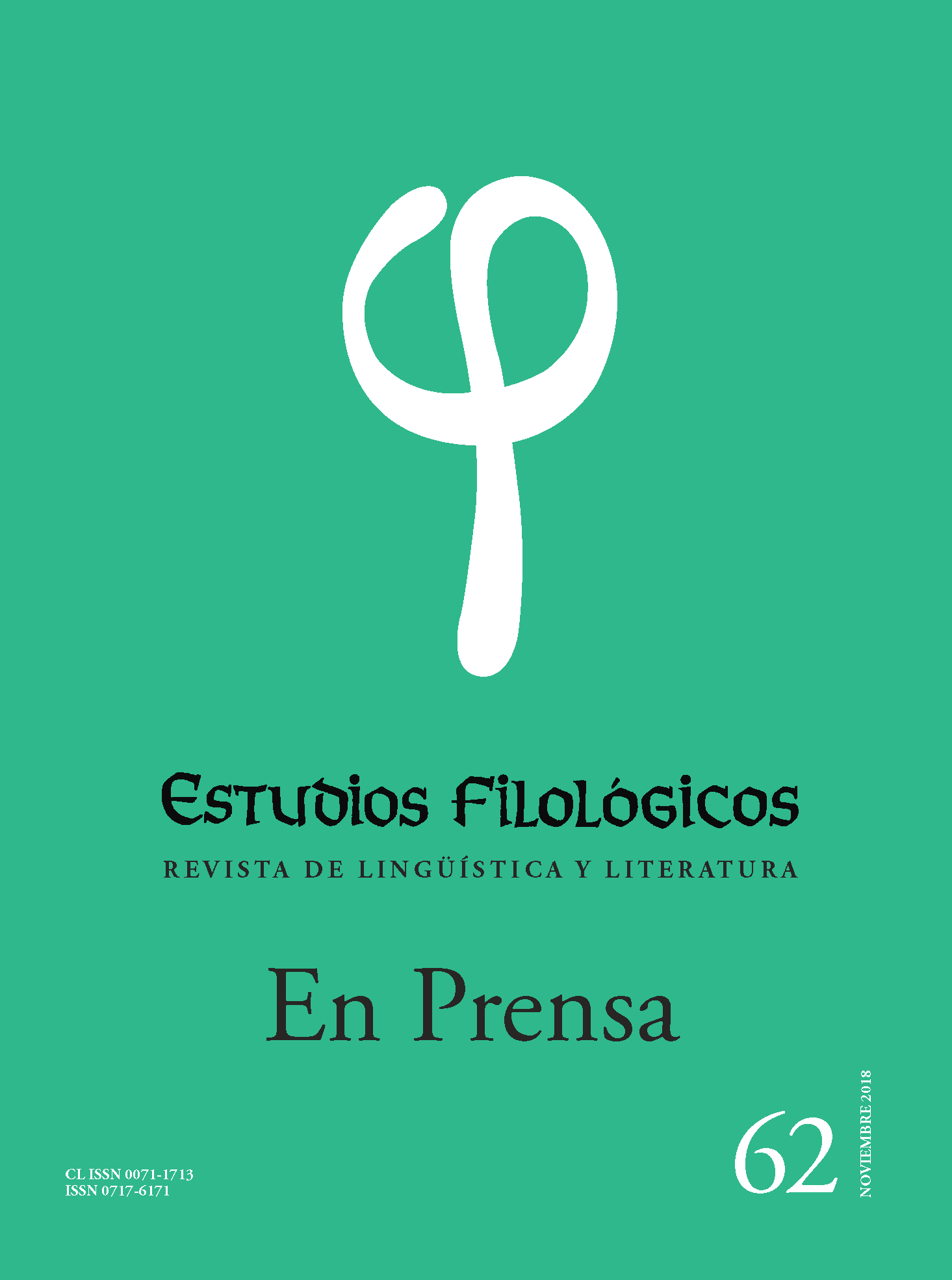Geographies of the other shore: Pedro Mairal’s La uruguaya and Lucía Puenzo’s XXY
Main Article Content
Abstract
The fictional geography of Uruguay created by Argentine literature and cinema exposes a utopian character (Logie) inscribed in the representation of the city of Montevideo, the beaches and the wild landscapes, usually observed from an idealized otherness (Chefjec). This article proposes that the Uruguayan beach locus serves as the primordial landscape of this imaginary including features from both nature and culture. In this context, the analysis of the novel La uruguaya by Pedro Mairal and the film XXY by Lucía Puenzo, together with the updating of that fictional geography and the configuration of the locus of the beaches, explore the way in which this landscape (Andermann) displays the power of both corporalities and alternative ways of life. Thus, the configuration of Uruguay and its beaches is interpreted as spaces of affirmative agency and critical of gender norms. Finally, the traditional imaginary of Uruguay associated with idealized sociability is critically questioned in order to inscribe it in a dynamics of the present.

